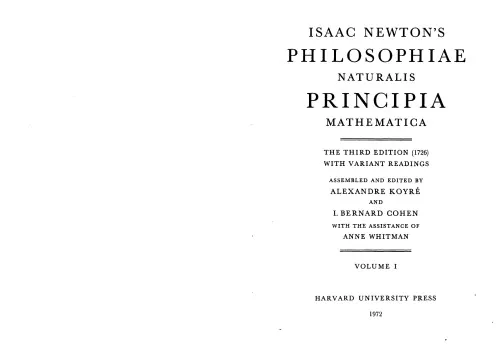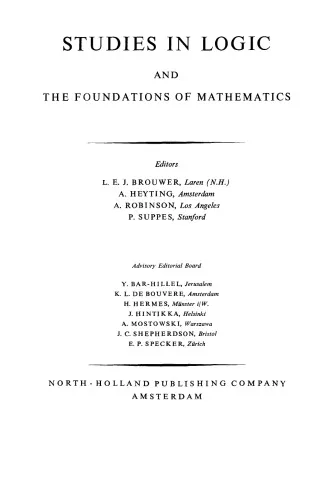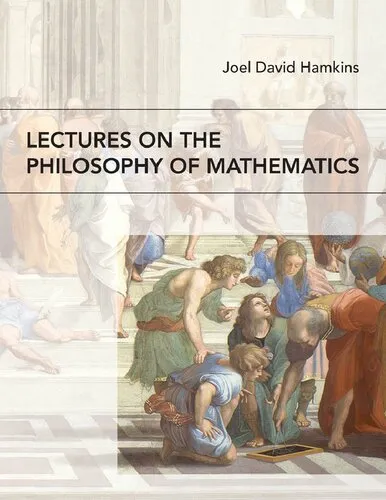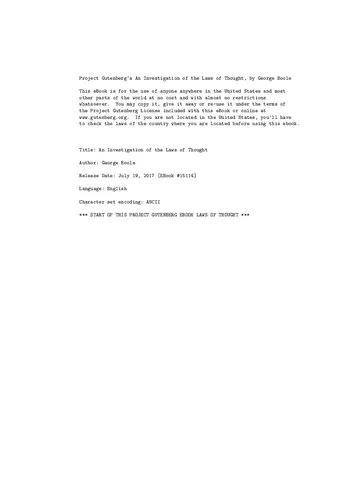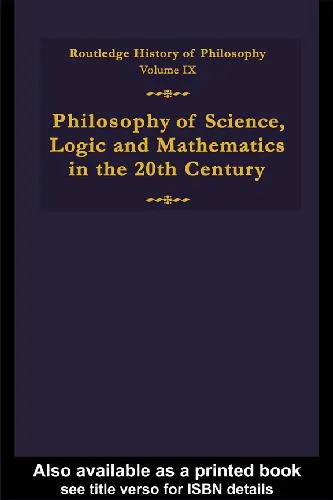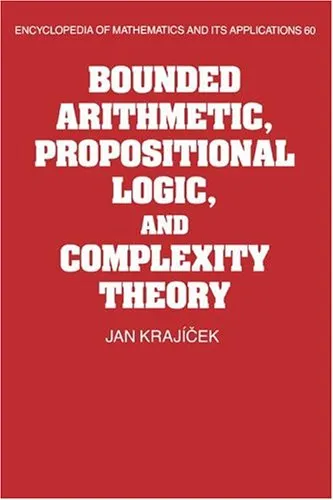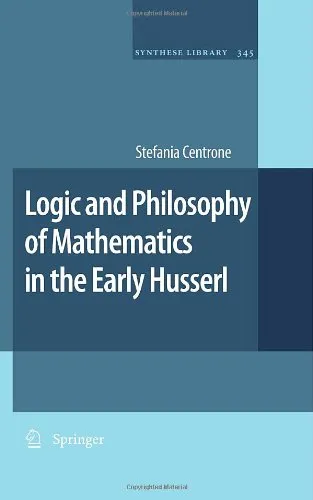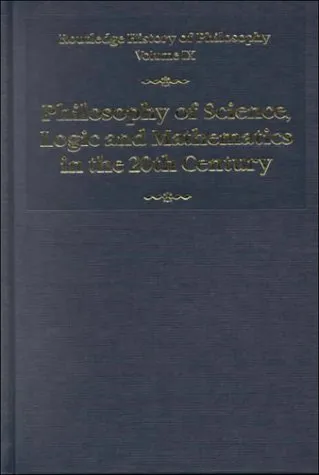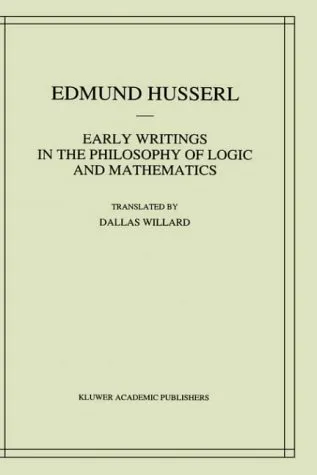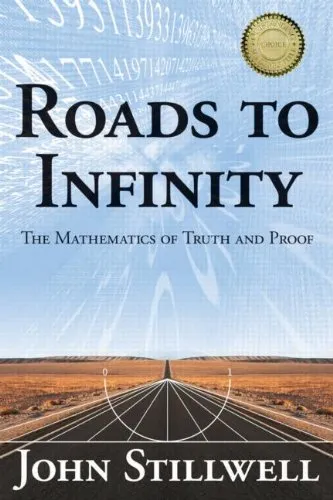Principia Mathematica to *56
4.5
Reviews from our users

You Can Ask your questions from this book's AI after Login
Each download or ask from book AI costs 2 points. To earn more free points, please visit the Points Guide Page and complete some valuable actions.Related Refrences:
Introduction to 'Principia Mathematica to *56'
Written by Alfred North Whitehead and Bertrand Russell, 'Principia Mathematica to *56' stands as a monumental work in mathematical logic and philosophy. This masterpiece endeavors to establish a ground-breaking foundation for mathematics using logic, and is a cornerstone of 20th-century analytic philosophy.
Detailed Summary of the Book
The 'Principia Mathematica' was published in three volumes, with the core objectives encapsulated in the first few sections, leading to *56. Whitehead and Russell aimed to demonstrate that mathematics could be derived from logical foundations. Their effort was inspired by earlier works in logic but pushed further, seeking to define all mathematical concepts using a small number of axioms and inference rules.
Volume One begins with the construction of a logical language suitable for deriving arithmetic truths. The authors meticulously define numbers, sets, classes, and relations, using a notational system known as the 'Theory of Types' to prevent paradoxes such as Russell’s paradox. By *56, the authors reach the definition of cardinal numbers, leading towards constructing the familiar numbers used in arithmetic.
Key Takeaways
- Introduced a formal language that influenced future logical and mathematical research.
- Demonstrated that logical reasoning could be applied to argue about mathematical truths.
- Presented the Theory of Types, crucial for avoiding self-referential paradoxes.
- Highlighted the significance of consistency and completeness in mathematical systems, influencing later works by Gödel.
- Provided groundwork for further explorations in set theory, philosophy of mathematics, and computer science.
Famous Quotes from the Book
"The purpose of this work is to show that all pure mathematics follows from purely logical premises and uses only notions that are definable in terms of logic."
"Mathematics, rightly viewed, possesses not only truth, but supreme beauty."
Why This Book Matters
The 'Principia Mathematica' not only represents a peak in mathematical logic but also signifies a paradigm shift in understanding the principles upon which mathematical truths are built. In their pursuit, Whitehead and Russell laid a foundational stone for the philosophy of mathematics, challenging existing views and inspiring future developments in both logic and mathematics.
This work is significant because it directly impacted the development of modern computational theories, as seen in the framework of algorithms and computer languages arising from logical systems. The heavy reliance on formal languages and axiomatic systems presaged elements of programming languages and the architecture of computers.
Additionally, by addressing issues of consistency and completeness, the 'Principia Mathematica' set the stage for Kurt Gödel's Incompleteness Theorems—one of the most intellectual achievements of the 20th century. As such, it remains not only a critical academic reference but also a source of philosophical inquiry into the foundations of knowledge.
Free Direct Download
You Can Download this book after Login
Accessing books through legal platforms and public libraries not only supports the rights of authors and publishers but also contributes to the sustainability of reading culture. Before downloading, please take a moment to consider these options.
Find this book on other platforms:
WorldCat helps you find books in libraries worldwide.
See ratings, reviews, and discussions on Goodreads.
Find and buy rare or used books on AbeBooks.
1421
بازدید4.5
امتیاز0
نظر98%
رضایتReviews:
4.5
Based on 0 users review
Questions & Answers
Ask questions about this book or help others by answering
No questions yet. Be the first to ask!

